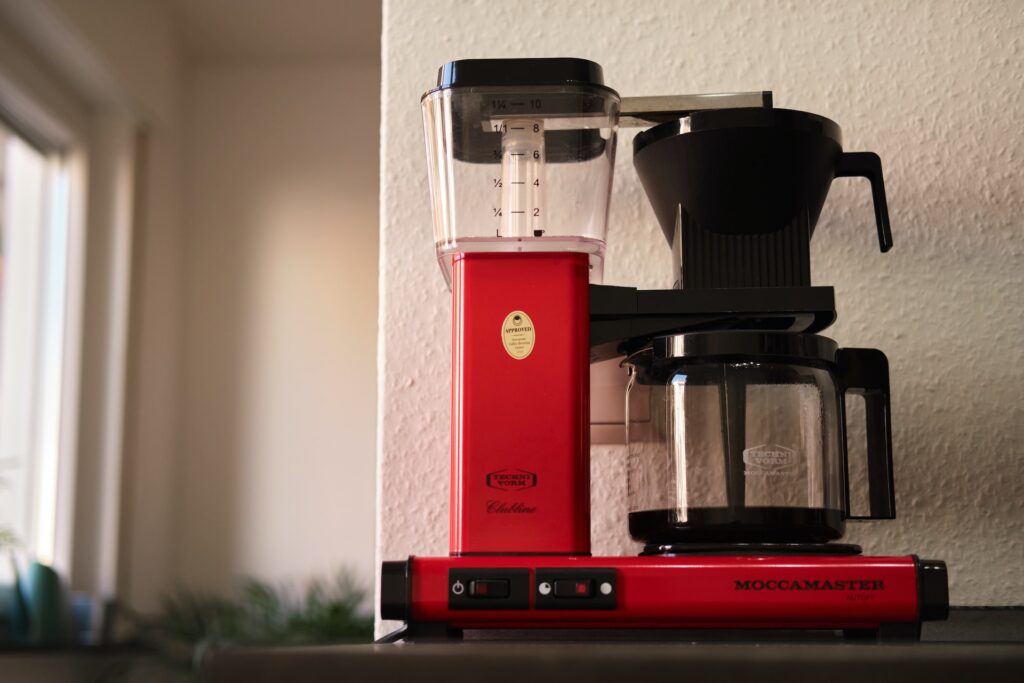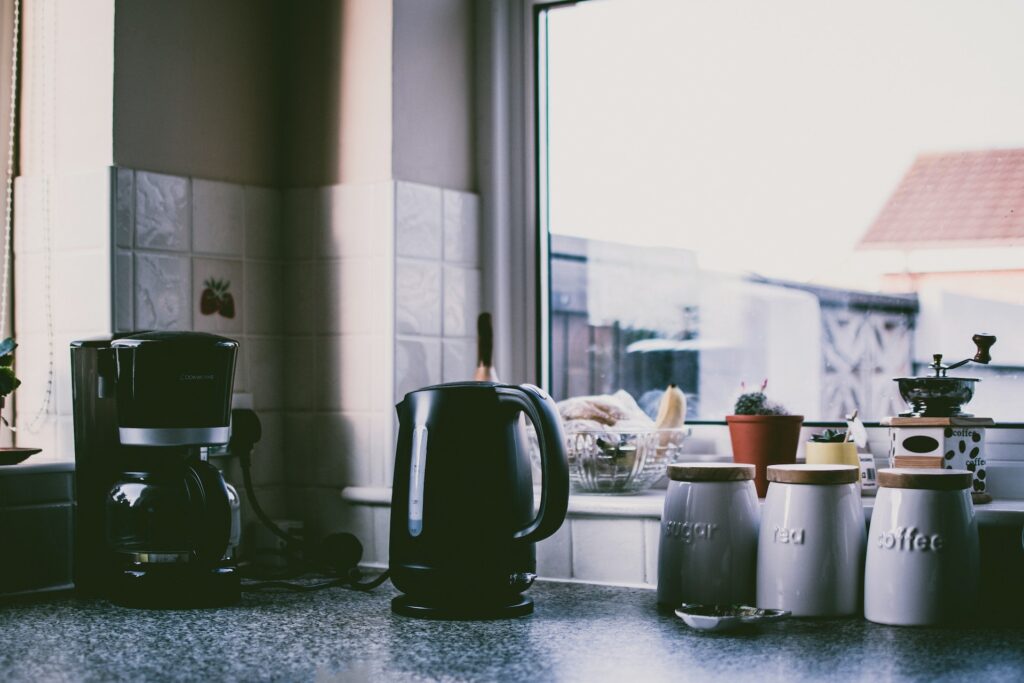Coffee pots generally last a long time. How long depends on the manufacturer, the model, and how you use it. A good coffee maker can keep you caffeinated for years, so it’s important to know how long coffee pots last and when to replace them.
Contents
How Long Do Coffee Pots Last?
The average length of a coffee pot’s lifespan is five years. This isn’t to say that your coffee pot will break down in 5 years. However, it just means that, on average, the more you use your coffee maker and the more often you use it, the more likely it is to break down sooner than later.
Coffee pots have been made with durability in mind and should last for many years if properly maintained. However, over time even the best appliances can wear out as they are used more often than usual or if they are not handled with care (e.g., when filling up with water).

What Are the Signs That Your Coffee Pot Needs Replacing?
There are a few signs that you can look out for to help you determine whether or not it’s time to get a new coffee pot:
Your Coffee Pot Stops Working
If your coffee pot isn’t brewing, it’s probably time to replace it. There could be something wrong with the machine itself, or the cord may be damaged, though this issue needs to be addressed immediately.
Your Coffee Pot Leaks
If water starts leaking out of your machine when it’s operating and not just when you move it around or pour water into the reservoir, it could indicate a problem with one of its internal parts, like gaskets or seals.
The gaskets and seals need to be replaced regularly, depending on how often you use them (if they’re exposed more than usual). If there are no signs of damage from external sources, like being dropped on the floor, there may still be something wrong internally, which will also require replacement!
It Makes Strange Noises When Brewing Coffee
Some people don’t notice these weird sounds in their everyday lives, though if your brewer does happen, then consider yourself unlucky. This is because it could mean serious trouble ahead for your beloved appliance!
There might also be other causes, such as damaged electrical connections between wiring harnesses, rubber/silicone pieces due to exposure over a long period, etcetera…
How to Prolong the Life of Your Coffee Maker
Coffee makers are relatively simple machines; however, even the most basic maintenance can make a big difference in the life of your coffee maker. Here are some tips for keeping your coffee maker functioning at its best:
- Clean your coffee maker regularly
- Keep tabs on water quality
- Don’t leave water in the reservoir
- Use filtered or bottled water instead of tap water
- Don’t leave your coffeemaker on when not in use

Clean It Regularly
This may seem obvious—after all, you’re not going to want to drink coffee from a dirty machine. How often you clean your coffee maker will depend on how much use it gets. If you only brew two or three pots per week and don’t mind waiting an extra day between brews when there’s no time for cleanup, then once every few months should be sufficient.
Keep Tabs on Water Quality
Coffee-making water should have a pH level between 7 and 8.5. Anything outside those numbers can cause corrosion issues with parts inside the machine and affect flavor negatively over time by imparting unwanted tastes. Use fresh filters if possible (some models come with disposable filters instead).
Don’t Leave Water in the Reservoir
This can cause mold and mildew growth, quickly breaking down your coffee maker’s internal components. Additionally, it can lead to rusting on any metal parts of your machine (like those little holes where the steam comes out).
Use Filtered or Bottled Water Instead of Tap Water
Tap water contains chlorine and minerals that will build up over time on sensitive electrical parts inside your coffeemaker—and no one wants that buildup!
Related Questions
Does Bacteria Grow in Coffee Pots?
Bacteria can grow in coffee pots. Coffee pots are typically made of the pot itself and the water reservoir under it. The reservoir has many nooks and crannies where bacteria can grow.
What to Do When Your Coffee Pot Breaks?
When your coffee pot breaks, ensure you have checked all its parts for damage.
Check if there are any leaks. If there are no leaks, try to turn off the power and unplug it from the wall socket. Then remove all its parts and check for any signs of damage.
Conclusion
The average length of a coffee pot’s lifespan is five years. However, over time even the best appliances can wear out. Some signs your coffee pot needs replacing include stopping working, leaking, and making strange noises when brewing coffee!


